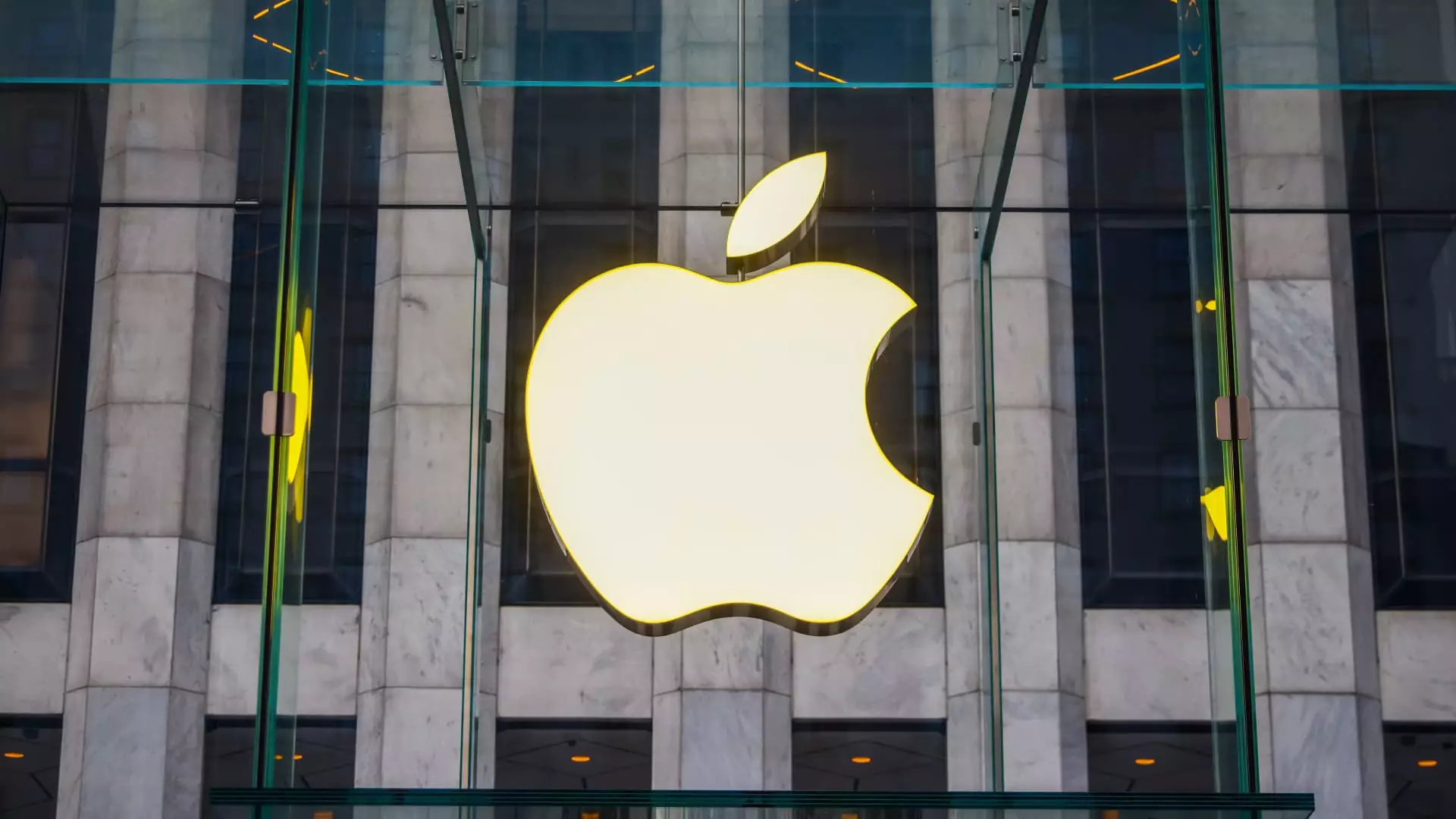In the fast-paced world of technology and investing, news surrounding major players like Apple Inc. can dominate headlines. The recent announcement regarding Berkshire Hathaway’s decision to reduce its stake in Apple by approximately 25% during the third quarter of the fiscal year underscores a significant shift in investment strategy from one of the world’s most venerated companies. This article aims to explore the implications of this decision, the reactions from different market analysts, and the broader context for investors navigating the ever-evolving landscape of tech stocks.
Warren Buffett, often dubbed the ‘Oracle of Omaha,’ has built Berkshire Hathaway into a titan of investing, with a solid reputation for making long-term, strategic bets on companies. With Apple still representing the most substantial slice of Berkshire’s portfolio, valued at roughly $69.9 billion even after shedding shares, this divestment raises questions. Why would a company renowned for its commitment to a few powerful investments choose to reduce its holdings in a firm that has consistently risen in value?
The move also aligns with a broader trend inside Berkshire, which has been offloading shares in other key holdings like Bank of America. As cash reserves now surpass $300 billion, investors are left speculating about Buffett’s motives. It might be prudent to consider that such decisions do not necessarily reflect a lack of faith in Apple’s innovations or market presence, but rather a tactical reallocation of resources in pursuit of other potential opportunities.
Immediately following the news of Berkshire’s sales, Apple’s stock dipped by 1% in a generally down market. The previous week had already seen Apple shares on a downward trajectory, with a notable 5.5% decline from their record highs just days before. This drop can be tied to broader market trends, investor sentiment fluctuations, and perhaps concerns about Apple’s near-term performance.
However, the financial community’s response has not been entirely negative. Despite some analysts expressing doubt about Apple’s future, others remain optimistic. Noteworthy among them, Morgan Stanley acknowledged Apple’s impressive operating margins, reaching a decade peak. Meanwhile, Bank of America pointed out that global App Store revenues and download counts had increased significantly in October. These contrasting analyses illustrate a market divided, balancing cautious skepticism with palpable enthusiasm for Apple’s potential trajectory.
While the immediate reactions from Wall Street are critical, it’s essential for investors to maintain a long-term perspective. Not only does Buffett’s strategy typically lean towards profit-taking after substantial gains, but it’s also worth observing how his firm maintains a position in Apple—a testament to its foundational strength. Jim Cramer, a respected voice in investment media, has advised investors to adopt an “own it, don’t trade it” approach regarding Apple shares. This echoes a sentiment that Berkshire’s actions should not be misinterpreted as a signal of diminishing faith in Apple itself.
The advice resonates with a broader principle in investing: one should focus on a company’s fundamentals rather than market noise. While Berkshire’s decision to sell raises eyebrows, it does not inherently suggest a decline in Apple’s market potential. The technology company remains robust, supported by a loyal consumer base and continued innovation.
As the financial community continues to analyze the implications of Berkshire Hathaway’s stake reduction in Apple, investors should take a step back and assess the situation holistically. While immediate market reactions may sway stock prices temporarily, the focus must remain on the fundamentals that drive long-term value. Apple’s enduring brand loyalty, impressive earnings, and evolving product ecosystem position it favorably for future growth, irrespective of individual divestments by even the most influential investors. As always, patience and a discerning eye will pave the way for successful investment in turbulent times.

